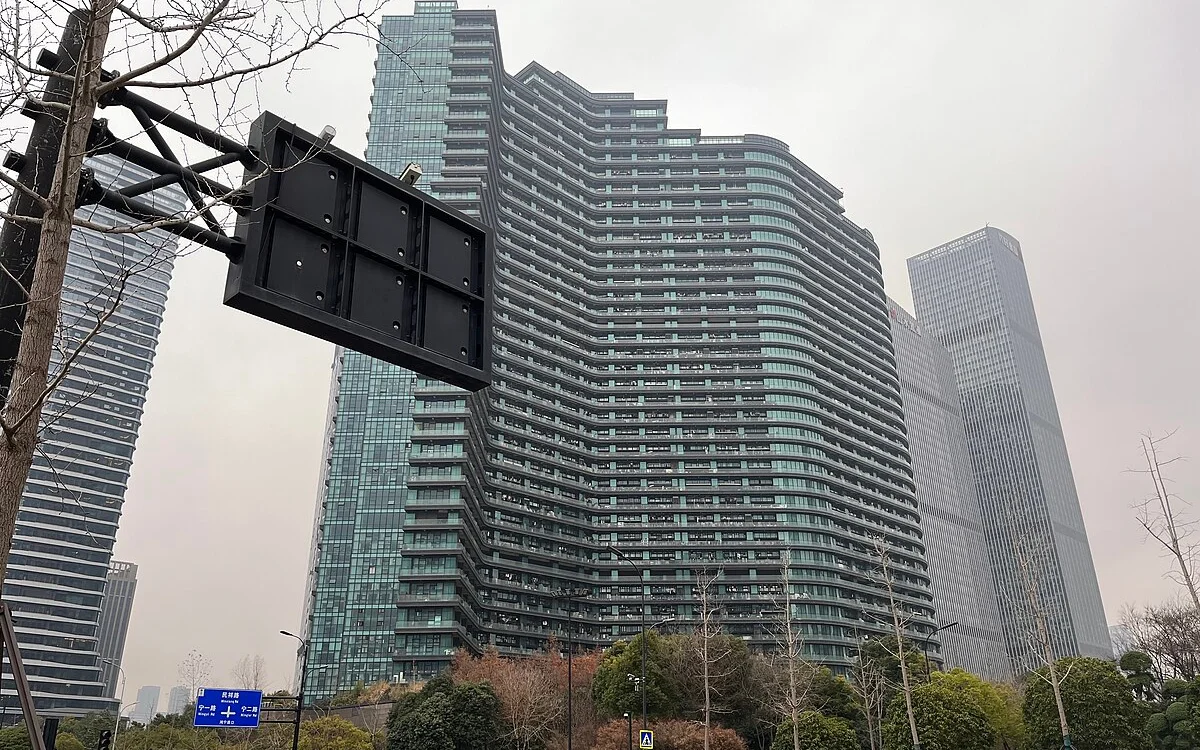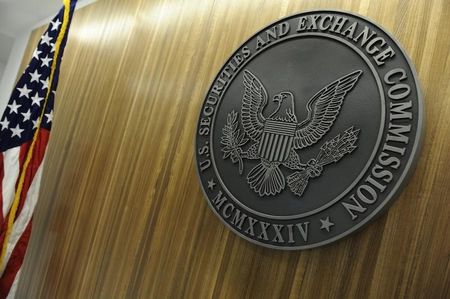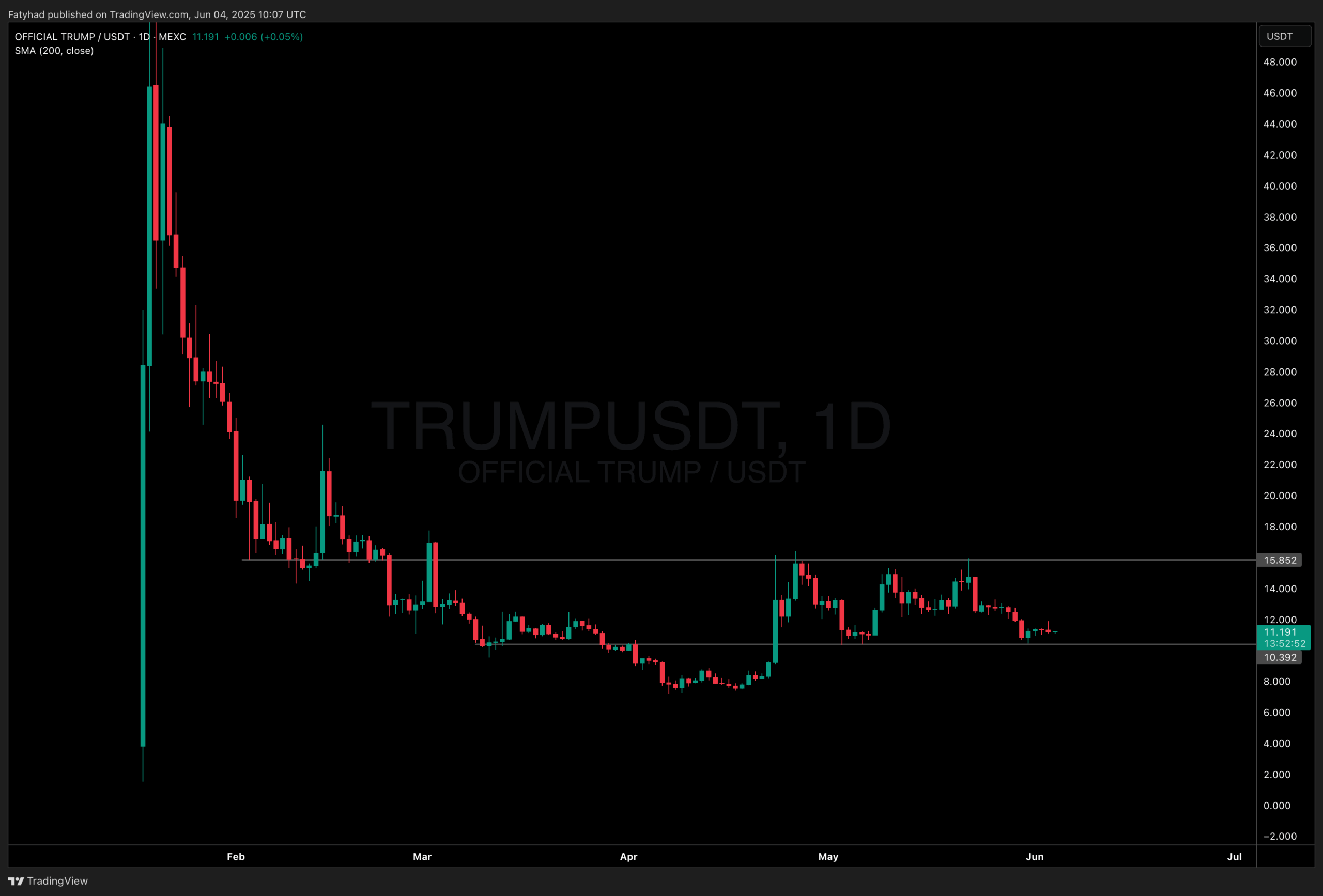Elon Musk’s X fires employee over office return? Regulator claims foul
The post Elon Musk’s X fires employee over office return? Regulator claims foul appeared on BitcoinEthereumNews.com. The tides are shifting rapidly in the tech realm as the company owned by Elon Musk, prominently known as X (previously Twitter), finds itself under scrutiny. The US National Labor Relations Board (NLRB) has pinpointed Musk’s venture, accusing it of going against the grain of federal labor law. As a bold critic, one can’t help but think, when power meets its rival in legality, which will stand tall? Return-to-Office or Return-to-Confrontation? Musk’s purchase of the social media giant last year was marked with a stark change in company policy. Directly emphasizing the significance of a physical presence in the office, he left no room for ambiguity. As if to punctuate this, he stated that not showing up would be tantamount to a resignation. This directive, straightforward as it was, ignited a wave of resistance within the ranks of the company’s employees. In a defiant move against this sweeping mandate, Yao Yue, an employee of X, took to the internet to voice her disapproval. With the spirit of collective resistance, she advised colleagues to force Musk’s hand by abstaining from the office rather than quitting. Her assertive stance was not without consequences; the aftermath was swift, culminating in her dismissal. The company’s move to terminate Yue wasn’t solely in response to her outspokenness. It was a calculated measure to discourage collective action, thereby quashing any potential uprisings among the ranks. Silencing Voices or Preserving Company Image? However, this isn’t the first instance where Musk’s companies have been flagged for allegedly curbing employees’ rights. Despite his proclaimed stance as a “free speech absolutist,” actions sometimes paint a different picture. Be it his aerospace endeavor, SpaceX, or X itself, Musk’s ventures have often found themselves locked in tussles with the NLRB. In recent memory, SpaceX opted for a settlement following claims of suppressing…

The post Elon Musk’s X fires employee over office return? Regulator claims foul appeared on BitcoinEthereumNews.com.
The tides are shifting rapidly in the tech realm as the company owned by Elon Musk, prominently known as X (previously Twitter), finds itself under scrutiny. The US National Labor Relations Board (NLRB) has pinpointed Musk’s venture, accusing it of going against the grain of federal labor law. As a bold critic, one can’t help but think, when power meets its rival in legality, which will stand tall? Return-to-Office or Return-to-Confrontation? Musk’s purchase of the social media giant last year was marked with a stark change in company policy. Directly emphasizing the significance of a physical presence in the office, he left no room for ambiguity. As if to punctuate this, he stated that not showing up would be tantamount to a resignation. This directive, straightforward as it was, ignited a wave of resistance within the ranks of the company’s employees. In a defiant move against this sweeping mandate, Yao Yue, an employee of X, took to the internet to voice her disapproval. With the spirit of collective resistance, she advised colleagues to force Musk’s hand by abstaining from the office rather than quitting. Her assertive stance was not without consequences; the aftermath was swift, culminating in her dismissal. The company’s move to terminate Yue wasn’t solely in response to her outspokenness. It was a calculated measure to discourage collective action, thereby quashing any potential uprisings among the ranks. Silencing Voices or Preserving Company Image? However, this isn’t the first instance where Musk’s companies have been flagged for allegedly curbing employees’ rights. Despite his proclaimed stance as a “free speech absolutist,” actions sometimes paint a different picture. Be it his aerospace endeavor, SpaceX, or X itself, Musk’s ventures have often found themselves locked in tussles with the NLRB. In recent memory, SpaceX opted for a settlement following claims of suppressing…
What's Your Reaction?


































